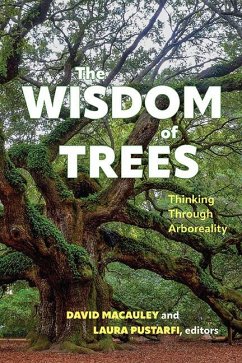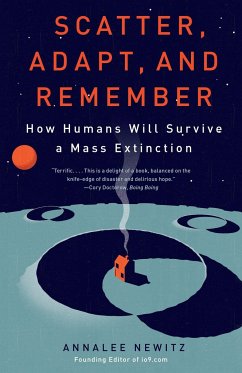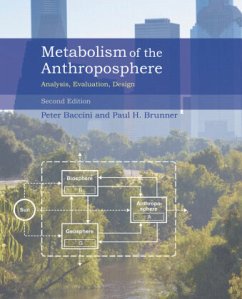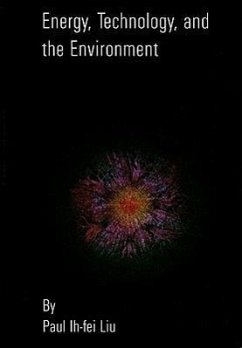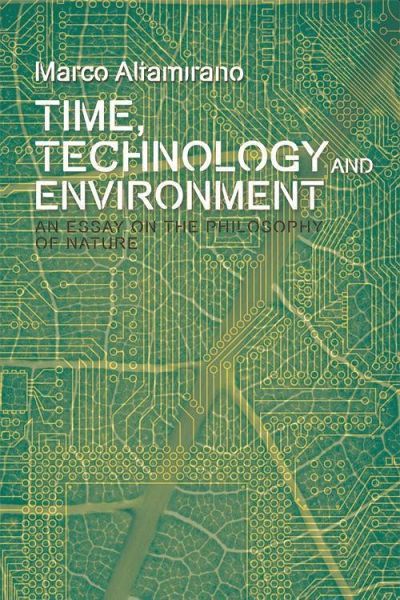
Time, Technology and Environment
An Essay on the Philosophy of Nature
Versandkostenfrei!
Versandfertig in über 4 Wochen
128,99 €
inkl. MwSt.
Weitere Ausgaben:

PAYBACK Punkte
64 °P sammeln!
'Altamirano has given us profound and timely work, written in the tradition of Bergson, Whitehead, Deleuze and Latour. In showing how our technologies have influenced our philosophical notions of nature and time, the book might easily have been titled "The Clock and the Cogito". Highly recommended.' Daniel W. Smith, Department of Philosophy, Purdue University 'Deploying a formidable knowledge of the histories of Western philosophy and science, Altamirano offers a way out of the bifurcation between nature and the human and towards a new approach to understanding and living in our environment. A...
'Altamirano has given us profound and timely work, written in the tradition of Bergson, Whitehead, Deleuze and Latour. In showing how our technologies have influenced our philosophical notions of nature and time, the book might easily have been titled "The Clock and the Cogito". Highly recommended.' Daniel W. Smith, Department of Philosophy, Purdue University 'Deploying a formidable knowledge of the histories of Western philosophy and science, Altamirano offers a way out of the bifurcation between nature and the human and towards a new approach to understanding and living in our environment. At once erudite and forward-looking, this book entices its readers to adopt a promisingly novel view of both nature and technology.' William McBride, Arthur G. Hansen Distinguished Professor, Department of Philosophy, Purdue University A new concept of nature based on Deleuze and Guattari's theories of time One of the legacies of modern philosophy is to have separated or bifurcated the human from nature. Marco Altamirano offers a critique of the modern concept of nature in order to chart a new trajectory for the philosophy of nature. By examining the history of the concept of nature, Altamirano shows how a spatial and epistemological concept of nature emerged in Descartes, where a subject confronts an object in space and subsequently wonders about her mode of access to that object. He then argues that a time-based concept of nature is necessary in order to reinstall the subject within its concrete ecology. Deploying conceptual resources from Bergson, Deleuze, Guattari, Foucault, and Leroi-Gourhan (among others), Altamirano shows how the concept of technology harbors an escape route from the spatial and epistemological picture of nature. Ultimately, this book draws the profile of a concept of nature based on time and technology that bypasses the nature-artifice distinction that has mired the philosophy of nature since modern philosophy. Marco Altamirano teaches in the philosophy department at Louisiana State University.






